Life Lessons 303: Invert the Pain or Revert to Pain
Written by Teodrose Fikre, June 24, 2017
Do you know what the greatest equalizer is for us humans apart from death? You can cheat taxes, you can flee from responsibilities, you can even disconnect from society and live off the grid somewhere in Alaska. But one thing no man or woman has been able to dodge is pain. As Marcia Dyson mentioned in the Ghion Cast interview I conducted with her yesterday (conversation with Marcia), humanity has a commonality of pain. From prince to pauper, all feel pain regardless of station or status in life. We are intertwined and interconnected with the agonies that life brings—at one point or another all of us eventually feel distress gnashing at our sides.
One thing that I have noticed over the years is that pain is a theme that replays itself throughout our lives. There is one source to the ache that repeats like a broken record and afflicts our hearts during various stages of our lives. There are exceptions of course; a sudden passing away of a loved one for example induces grief that stands on its own. But the pains that seem to follow us like our shadows most of the time can be traced back to an original wound that proceeded to inform the way we conceptualize and synthesize the world. This genesis of pain usually occurs before we are old enough to actually understand suffering.
An event induces sorrow where there was none; parents divorcing, moving away from the homes we once knew, or someone saying something malicious plants a seed of ennui deep in our minds. For some, the pains are a lot more horrific than others, innocence being taken away before our time, being introduced to flesh before exiting childhood, or experiencing mind numbing tragic life experiences which arrested the development of one to many in our midst—these are injuries that become anvils on the necks of many. However, no one can say that their pains are greater or lesser than the other. This is how pain bonds the totality of humanity; we only know the shoes we walked in—we only know the crucibles that begat our personal trail of tears.
These pains become the prism we see life through. Unable to comprehend anguish and our minds not yet wise enough to distill the complexity of painful memories, we react and let an external circumstance change our hearts. The inner child adapts and puts on a mask in order to make sure we never go through that again. But that mask becomes a prison; the more we run away or run to the source of our pain, the more we are held captive by it. Being too loving or being vindictive is the same thing; going too far in one direction or another is a way of closing our eyes and recreating the world instead of accepting the interruption of the reality we knew before hurt arrived at our doorsteps.
Too many thus choose to either revert to pain or invert the pain. Think of it this way, imagine Jesus and Hitler. Both suffered as children, but Jesus chose to invert the pain and become love. Hitler chose to revert to pain and pass on pain to millions. These two extreme polarities applies to all of us is lesser forms; think of the most bitter person in your circle of influence and if you asked that person about their childhood, in a moment of candor that person would tell you some tragic circumstance that bent his or her light. Now think of the most giving and loving person you know and ask them the same question and they too will tell you about some tragedy that influenced their lives when they were young.
This is why one doctor, social worker or therapist after another chose the profession that they choose. Some event interposed in their reality and they decided to become a giver in order to make sure that tragedy does not happen to someone else. Likewise, when you see someone being ornery for no reason and reinventing the spirit of Ebeneezer on a regular basis, that person is lashing out because he too was once lashed. This same dynamic is at play when you see people broken beyond hope, next time you see a homeless person in a drunk stupor, don’t judge too harsh—they too are fighting demons from the past. Giver and taker, the world is thus split between these dichotomies. Givers can be just as destructive as those who take too much if givers don’t know how to give to self as much as they give to others.
These pains connect us all. Imagine how much the world would change overnight if all of us saw in everyone else the inner child that cries. Imagine if we connected our struggles with the struggles of others and realized that all of us, yes including the people who might disagree with you the most about politics or even those who might hate you because of your identity, are just trying to heal from some strife that bent our core and made us react with ego and pride. The hardest mountain to climb is not one that is made of rocks, the mountain is the one that exists in our hearts and the wounds that soar higher than the Himalayas. We can in fact move mountains though when we realize that the roots of our pains are actually the source of our strength—hardships are blessings when we stop running from the past. #LifeLessons303
“Truly, I say to you, whoever says to this mountain, ‘Be taken up and thrown into the sea,’ and does not doubt in his heart, but believes that what he says will come to pass, it will be done for him.” ~ Mark 11:23
If you appreciated this write up and want others to understand that they are not alone in this journey called life, share this article on social media using #LifeLessons303
Check out the Ghion Cast below where I discuss the very notion of love and love’s absence and how we are all interconnected with pain and hope. We are all walking this journey called life and trying our best to make it, please be kind to one another, the person that annoys you the most is hurting too.
Through it all, the good and the bad, appreciate the duality of life. You can’t enjoy the sun if it was not for the occasional storm that obscures the light.
Teodrose Fikre
Teodrose was born in Ethiopia the same year Emperor Haile Selassie was deposed by the communist Derg junta. The great grandson five generations removed of Atse (emperor) Tewodros Kassa II, the greatest king of Ethiopia, Teodrose is clearly influenced by the history and his connection to Ethiopia. Through his experiences growing up as first generation refugee in America, Teodrose writes poignantly about the universal experiences of joys, pains and a hope for a better tomorrow that binds all of humanity.
Teodrose has written extensively about the intersection of politics, economic policies, identity, and history. He is the author of "Serendipity's Trace" and newly released "Soul to Soil", two works that inspect the ways we are dissected as a people and shows how we can overcome injustice through the inclusive vision of togetherness.
Latest posts by Teodrose Fikre (see all)
- Conundrum: Making a Difference Without Monetizing Injustice - September 8, 2017
- History to Hysteria: Politics Hoodwinking US - September 7, 2017
- Authentic Lee: Unredacted and Speaking Truth Without Pander - September 6, 2017

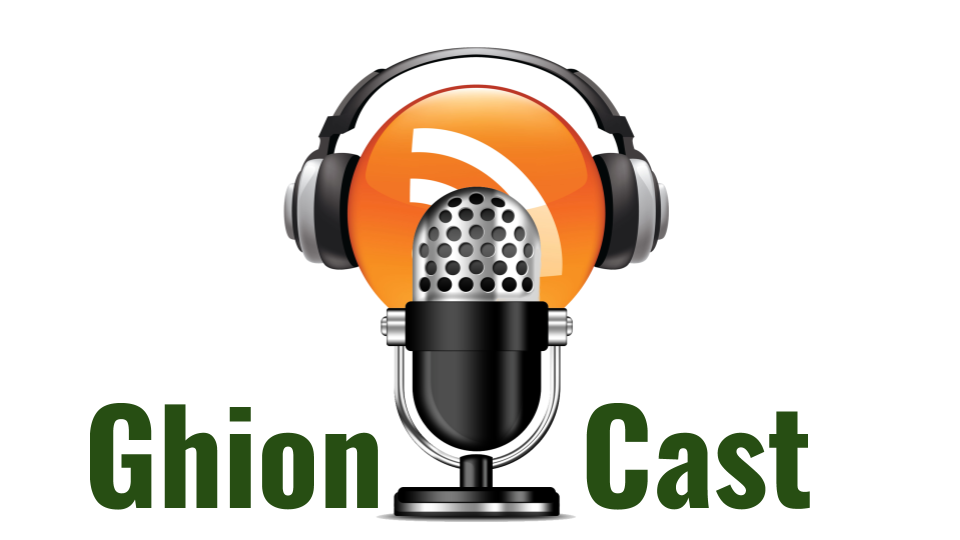


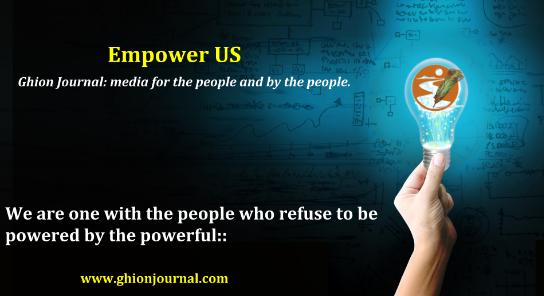

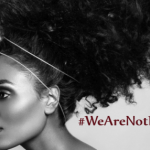
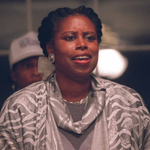
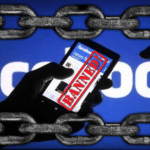
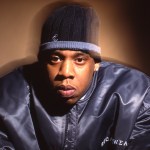



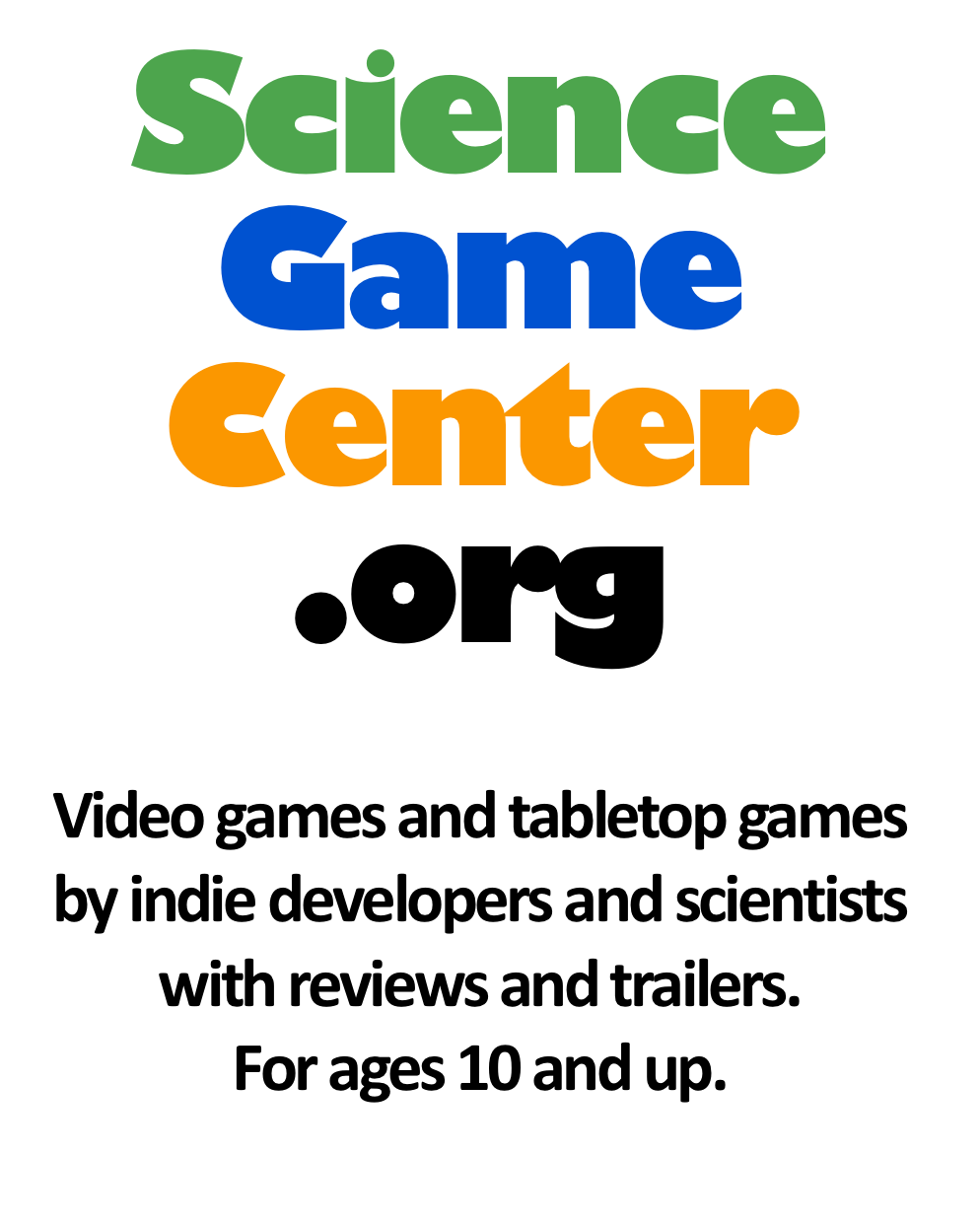

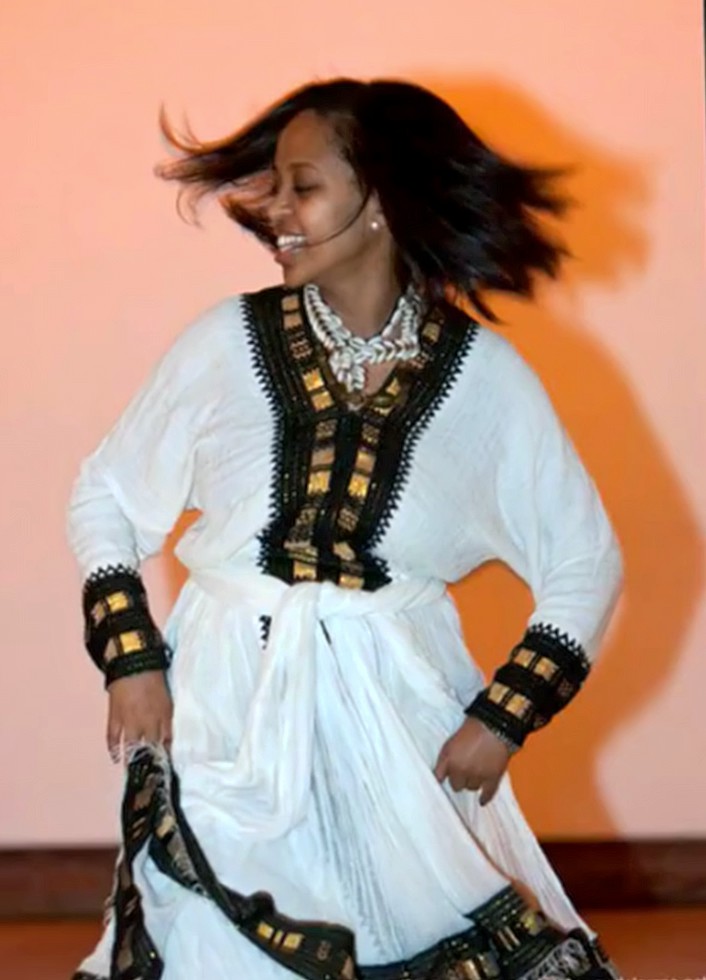

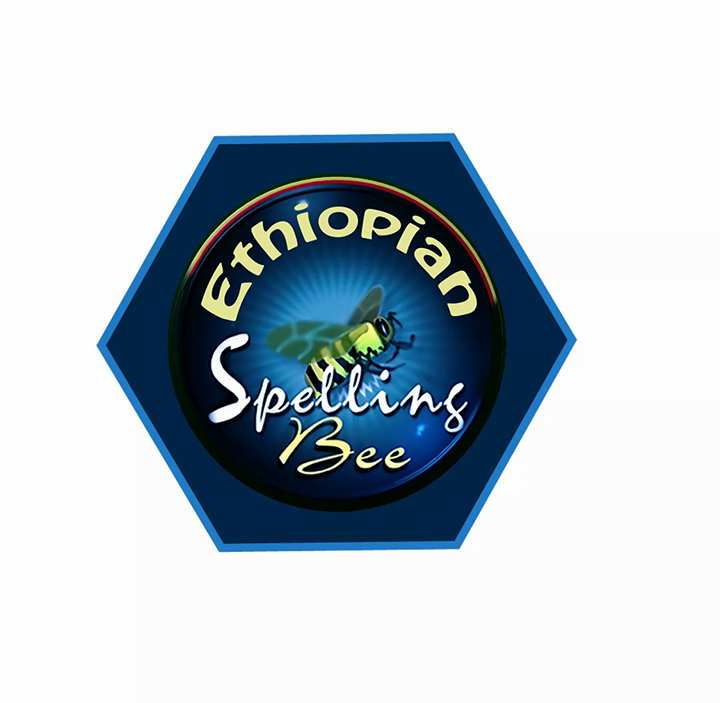



Leave a Reply
Be the First to Comment!